Birth Registration
This document highlights the importance of birth registration in Africa and presents the status of birth registration, what is currently being done and recommendations for improvement.
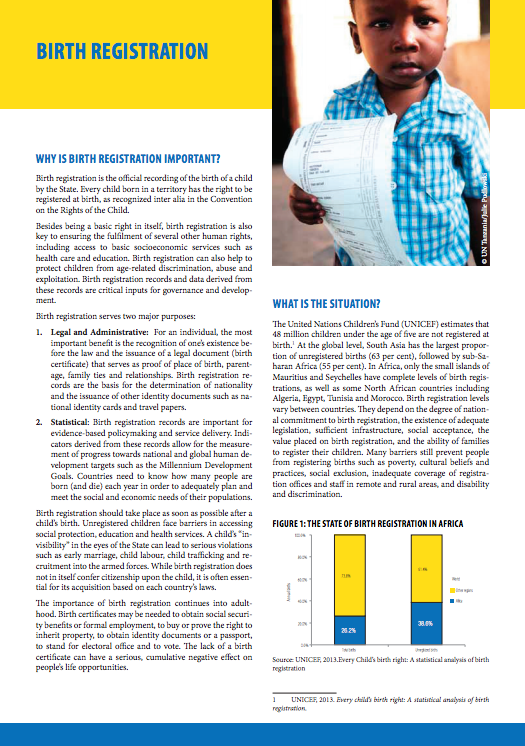
|
The CRVS community in Asia and the Pacific has reflected on where it stands at the midpoint of the CRVS Decade (2015-2024) during the Second Ministerial Conference. Following this celebration of progress, many of our partners and member countries are leading actions to fill the remaining gaps. To learn more about CRVS in Asia and the Pacific, please subscribe to our newsletter, which offers a monthly panorama of CRVS actions throughout the region Previous editions can be found here. |
This document highlights the importance of birth registration in Africa and presents the status of birth registration, what is currently being done and recommendations for improvement.

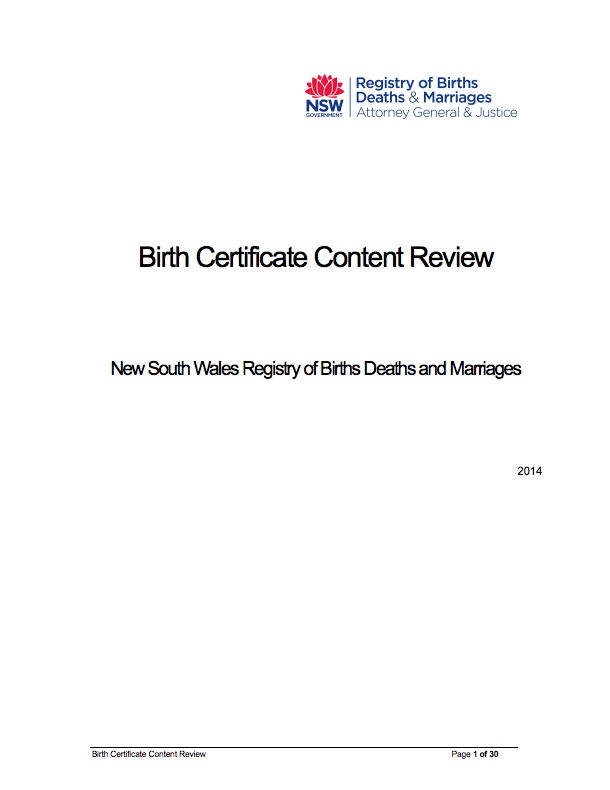
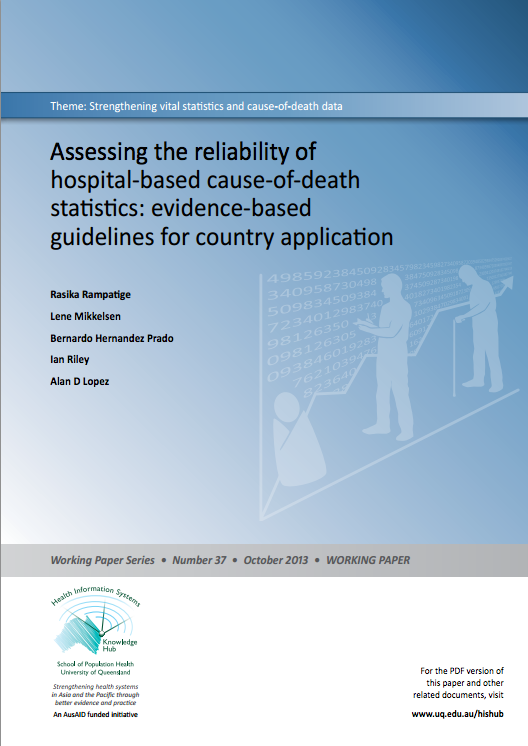
This is a draft copy of the CRVS assessment tool in Africa.

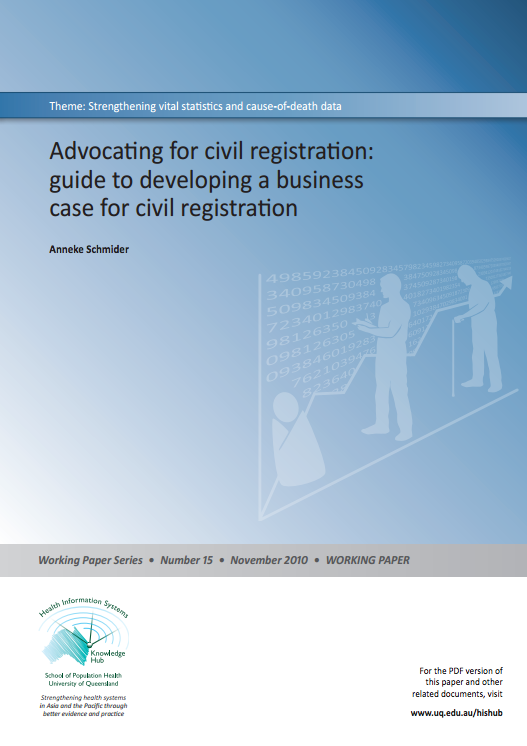
Beyond the Get Every One in the Picture initiative in Asia-Pacific, numerous global and regional bodies are actively working to improve national CRVS systems.
Civil registration and vital statistics (CRVS) is the continuous, permanent, compulsory and universal recording of the occurrence and characteristics of vital events of the population in accordance with the law. The actors in a CRVS system typically include the civil registration authorities, Ministry of Interior or Home Affairs, Ministry of Justice, Ministry of Health, National Statistics Office and development partners.
In this series of articles, the role of universal civil registration and vital statistics (CRVS) systems is examined as an essential tool for good governance and inclusive development. In the first article in the series, the case is made for investing in CRVS systems; the current situation in countries in the region is described, and the emergence and development of regional collaboration on CRVS is summarized. In the second article, the actions taken in specific countries to strengthen their CRVS systems are highlighted, and the lessons learned are described, with several innovative approaches being showcased. The third article contains a description of the relationships between CRVS systems (civil registration and population databases in particular), legal identity, the realization of human rights and access to basic social protection, using country examples from the Asia-Pacific region for these purposes. In the fourth and final article, the importance of building a sound evidence base for efforts to improve CRVS is highlighted, and a framework for prioritizing research activities is proposed.
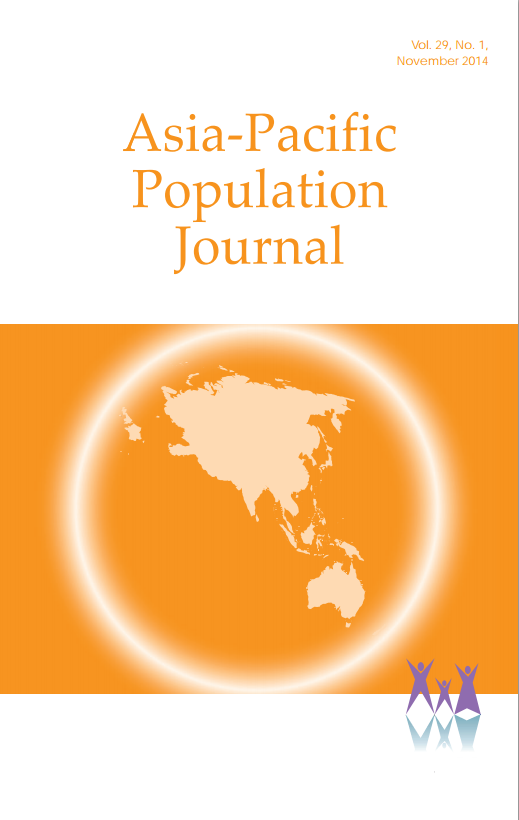
The new Sustainable Development Goals (SDGs), including goal 16 containing the target on providing legal identity for all, including birth registration (target 16.9) were endorsed at the United Nations General Assembly in September 2015.
The Regional Action Framework responds to the request for further regional action to support the improvement of civil registration and vital statistics (CRVS) systems, being a catalyst for Governments and development partners to focus and accelerate their efforts to realize a shared vision and the 3 CRVS goals. The Regional Action Framework facilitates collaborative action at local, provincial, national and international levels by enabling multiple stakeholders to align and prioritize their efforts, as well as to monitor progress towards achieving shared results. Guided by the Regional Steering Group for Civil Registration and Vital Statistics in Asia and the Pacific.
The Regional Action Framework contains 3 goals, 15 nationally set targets, 7 action areas as well as 8 implementation steps for countries to follow to improve their CRVS systems.